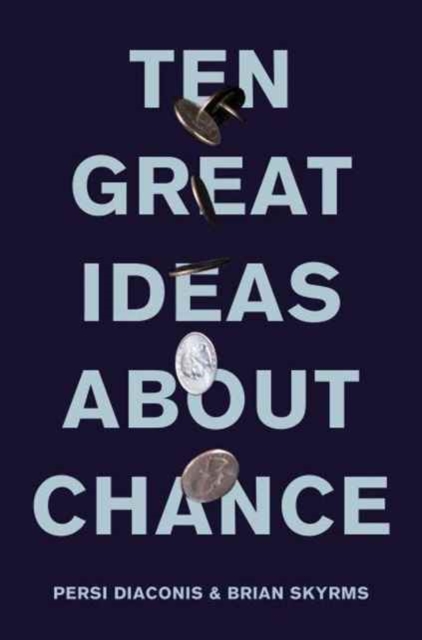CITESTE MAI MULT
Detalii
Descriere RO
A fascinating account of the breakthrough ideas that transformed probability and statistics
In the sixteenth and seventeenth centuries, gamblers and mathematicians transformed the idea of chance from a mystery into the discipline of probability, setting the stage for a series of breakthroughs that enabled or transformed innumerable fields, from gambling, mathematics, statistics, economics, and finance to physics and computer science. This book tells the story of ten great ideas about chance and the thinkers who developed them, tracing the philosophical implications of these ideas as well as their mathematical impact.
Persi Diaconis and Brian Skyrms begin with Girolamo Cardano, a sixteenth-century physician, mathematician, and professional gambler who helped develop the idea that chance actually can be measured. They describe how later thinkers showed how the judgment of chance also can be measured, how frequency is related to chance, and how chance, judgment, and frequency could be unified. Diaconis and Skyrms explain how Thomas Bayes laid the foundation of modern statistics, and they explore David Hume's problem of induction, Andrey Kolmogorov's general mathematical framework for probability, the application of computability to chance, and why chance is essential to modern physics. A final idea--that we are psychologically predisposed to error when judging chance--is taken up through the work of Daniel Kahneman and Amos Tversky.
Complete with a brief probability refresher, Ten Great Ideas about Chance is certain to be a hit with anyone who wants to understand the secrets of probability and how they were discovered.
EdituraPrinceton University Press
Dimensiuni166 x 245 x 23
Data Publicarii07/11/2017
Format
Numar pagini272
Aceasta este o carte in limba engleza. Descrierea cartii (tradusa din engleza cu Google Translate) este in limba romana din motive legale.
O relatare fascinanta a ideilor descoperitoare care au transformat probabilitatea si statisticile In secolele al XVI-lea si al XVII-lea, jucatorii si matematicienii au transformat ideea intamplarii dintr-un mister in disciplina probabilitatii, stabilind scena pentru o serie de descoperiri care au permis sau au transformat nenumarate domenii, de la jocuri de noroc, matematica, statistici, economie si finante la fizica si informatica.

